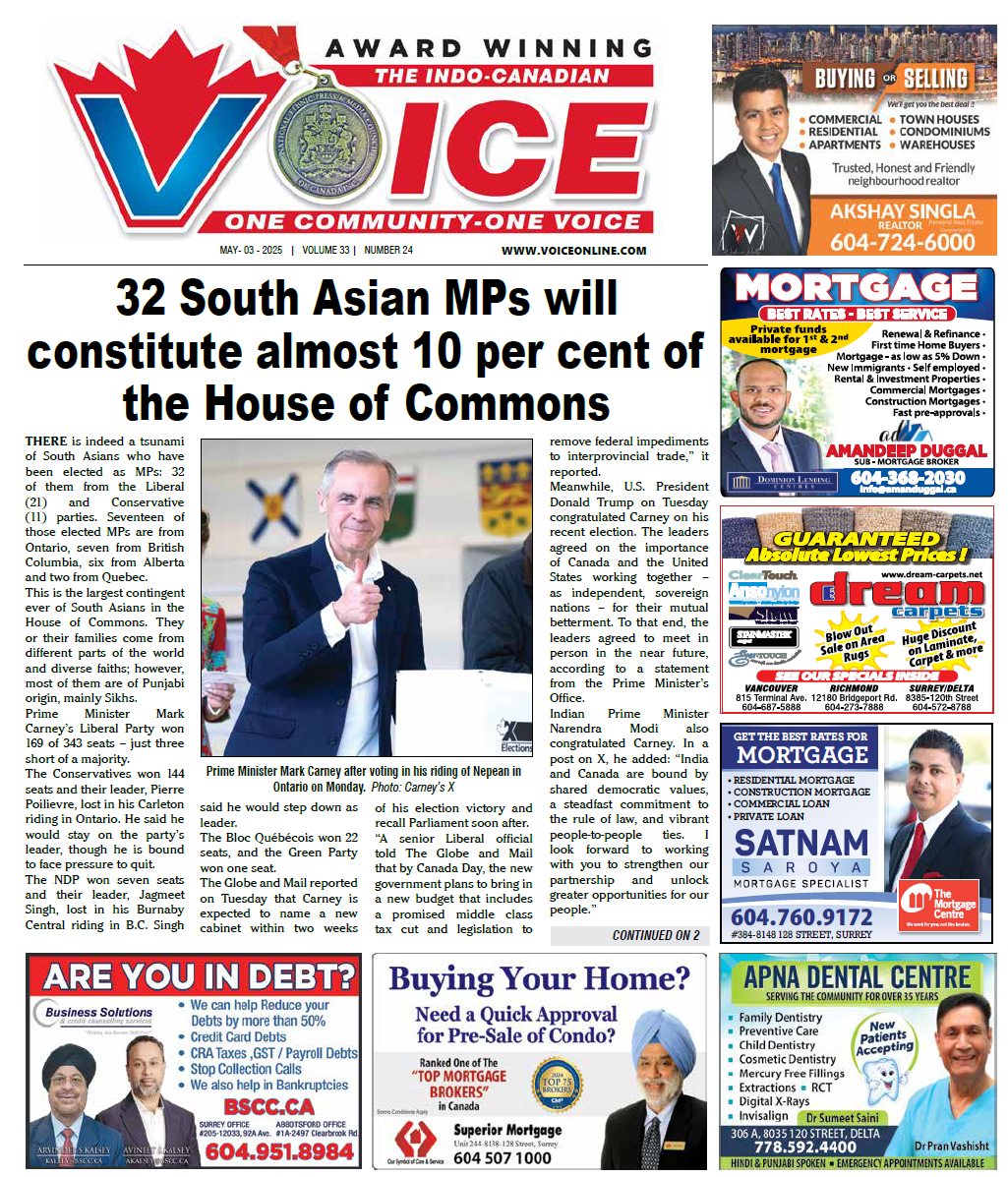METRO Vancouver’s annual seasonal prohibition on the use of indoor wood burning appliances, such as wood stoves and fireplaces, begins on May 15 and lasts until September 15.
The seasonal prohibition is meant to protect the public from the effects of wood smoke during a time when indoor heating is used less frequently. The seasonal prohibition does not apply when wood burning is the only source of heat in a residence, during an emergency, and for those living off-grid in rural parts of the region.
The Residential Indoor Wood Burning Emission Regulation Bylaw aims to reduce emissions from indoor wood burning appliances through the use of best burning practices and lower-emitting wood-burning appliances. Those using wood-burning appliances are required to declare their use of best burning practices, and register their appliances located within Metro Vancouver’s Urban Containment Boundary.
Residential wood smoke is the most significant source of fine particulate matter emissions in the region, contributing more than a quarter of the annual total fine particulate matter emissions. When breathed in, the particles penetrate deep into a person’s lungs and bloodstream and can be harmful to health, particularly for infants, the elderly, and people with diabetes, lung disease, or heart disease.
Residents can now receive increased rebates for trading in their old, uncertified wood-burning appliance for a new low-emission appliance, through Metro Vancouver’s Community Wood Smoke Reduction Program. Rebates from Metro Vancouver can be combined with provincial CleanBC incentives, where applicable.
Metro Vancouver operates an extensive air quality monitoring network with 31 permanent stations and one mobile unit. The regional district sets air quality objectives, responds to air quality complaints, and enforces bylaws pertaining to air emissions from industry, businesses, and residences. Residents can monitor regional air quality using AirMap.











